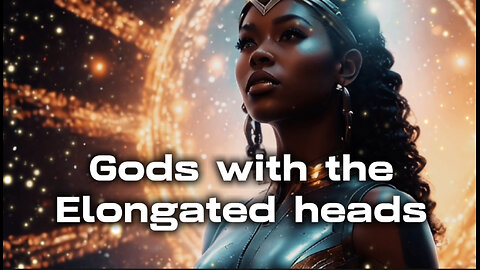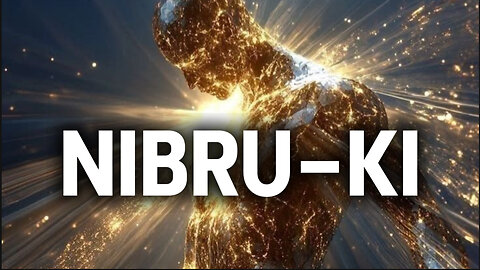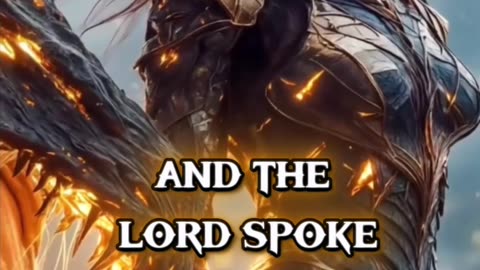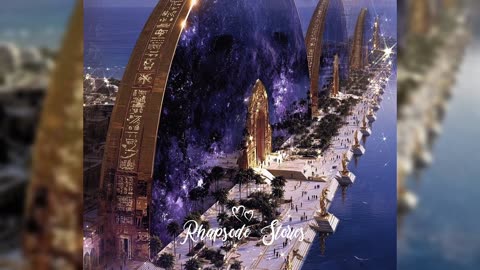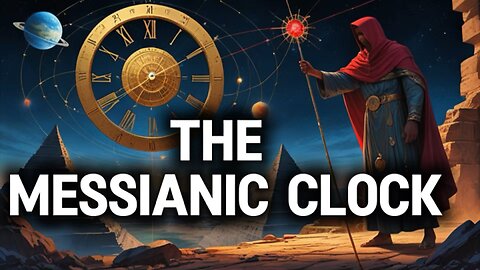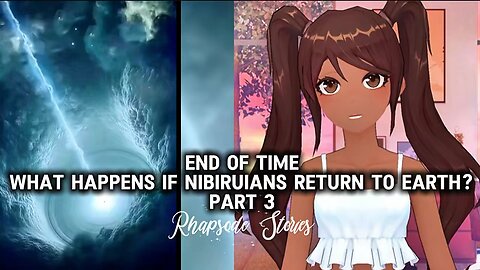-
-
-
Atlantis and Lumeria, origins of humanity part 6
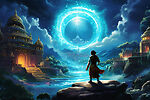 Untold origins of humanityBy 85,300 BC, the Lyrans established control over our solar system and sent human-like extraterrestrials (ETs) to Earth, where they set up a base in Perth, Australia. These ETs focused on genetic and soul essence harvesting. The Lyrans later founded a colony in the Basque region of Spain, and subsequent ET civilizations formed the legendary colonies of Atlantis and Lemuria. Lemuria, created around 71,933 BC, was inhabited by various ET races including those from Lyra, Sirius A, and the Pleiades. It spanned parts of the Pacific and Indian Oceans, and included portions of Africa, Antarctica, and South America. The Sasquatch and technologically advanced human hybrids lived among them, while Neanderthals roamed the land between Lemurian cities. Atlantis, established by returning Pleiadians around 57,600 BC, resided under the Atlantic Ocean and was home to races from Nibiru, Aldebaran, Antares, and other star systems. Initially, Atlantis and Lemuria coexisted peacefully, but a faction within Atlantis fell to greed and power, leading to conflict with Lemuria. These conflicts ultimately contributed to the formation of our current advanced human civilization. The Atlanteans, aligned with the Draconian empire, sought dominion over Earth, leading to a rebellion against the Lemurians. The wars saw the creation and deployment of giants, dragons, and monsters by the Atlanteans. In time, the Atlanteans conquered the world, exterminating many Sasquatch and Lemurians. Surviving Lemurians retreated to remote areas, forming breakaway civilizations in Telos under Mt. Shasta and Shamballa in the Himalayas. Despite territorial battles with the Draconians, they continued to exist. The misuse of power production pyramids led to the cataclysmic sinking of Atlantis around 27,603 BC. This event mirrored current themes of lower-dimensional beings aligning with Draconians to control humanity. The echoes of these ancient civilizations, their wars, and their wisdom still resonate today, hidden beneath the oceans.253 views 1 comment
Untold origins of humanityBy 85,300 BC, the Lyrans established control over our solar system and sent human-like extraterrestrials (ETs) to Earth, where they set up a base in Perth, Australia. These ETs focused on genetic and soul essence harvesting. The Lyrans later founded a colony in the Basque region of Spain, and subsequent ET civilizations formed the legendary colonies of Atlantis and Lemuria. Lemuria, created around 71,933 BC, was inhabited by various ET races including those from Lyra, Sirius A, and the Pleiades. It spanned parts of the Pacific and Indian Oceans, and included portions of Africa, Antarctica, and South America. The Sasquatch and technologically advanced human hybrids lived among them, while Neanderthals roamed the land between Lemurian cities. Atlantis, established by returning Pleiadians around 57,600 BC, resided under the Atlantic Ocean and was home to races from Nibiru, Aldebaran, Antares, and other star systems. Initially, Atlantis and Lemuria coexisted peacefully, but a faction within Atlantis fell to greed and power, leading to conflict with Lemuria. These conflicts ultimately contributed to the formation of our current advanced human civilization. The Atlanteans, aligned with the Draconian empire, sought dominion over Earth, leading to a rebellion against the Lemurians. The wars saw the creation and deployment of giants, dragons, and monsters by the Atlanteans. In time, the Atlanteans conquered the world, exterminating many Sasquatch and Lemurians. Surviving Lemurians retreated to remote areas, forming breakaway civilizations in Telos under Mt. Shasta and Shamballa in the Himalayas. Despite territorial battles with the Draconians, they continued to exist. The misuse of power production pyramids led to the cataclysmic sinking of Atlantis around 27,603 BC. This event mirrored current themes of lower-dimensional beings aligning with Draconians to control humanity. The echoes of these ancient civilizations, their wars, and their wisdom still resonate today, hidden beneath the oceans.253 views 1 comment -
Vision of the four cups
AAnnunakiAs the Lord pours out four divine cups upon the earth, the forces of heaven and hell collide in a battle of fate. Leviathan falls, Mammon is cast into the sea, and the heavens tremble as the Book of Blood is sealed. Who will stand in the Book of Life, and who will suffer the fourth death?26 views -
-
-
The messianic clock
AAnnunakiLong ago, humanity lived beneath the shadow of the heavens, forever watching the skies for signs of salvation—or destruction. The story begins around 2100 BCE, when great floods and divine interventions marked the first reckoning between gods and mortals. The Anunnaki, beings who had descended from the distant world of Nibiru, shaped the fate of humankind. Some, like Enki, offered creation and guidance, while others, like Enlil, ruled with wrath. Their rivalry and power struggles set the stage for kings and civilizations to rise, built on the idea that rulers carried the mandate of heaven. Centuries later, another turning point arrived with the coming of Jesus, a time of rebellion, unrest, and messianic hope. In the chaos of empires and conflict, people once again looked for signs of deliverance. Prophecies, both ancient and new, painted the future as a cycle—an echo of past calamities returning with new faces. Now, in the 21st century, humanity once more trembles with apocalyptic anxiety. Wars erupt, natural disasters strike, and voices call for salvation. The same patterns that haunted ancient peoples resurface in our own age, reminding us that history may be less a straight path than a great clock, ticking through cycles of destruction and rebirth. At the heart of this story lies the tension between two measures of time: the earthly calendars of men and the celestial cycles of the gods. Understanding this difference, the text suggests, is key to grasping our destiny. For as kings once bridged heaven and earth, so too does humanity continue to search for meaning in the space between divine will and mortal struggle. Thus, the “Messianic Clock” continues its steady ticking, reminding us that the past, present, and future are bound together in prophecy, power, and the eternal hope of salvation.42 views 1 comment -
The blueprint: the untold origins of humanity
 Untold origins of humanitythe untold origins of humanity, detailing significant events and eras that have shaped our species. It begins with the Lyran Expansion and the ensuing Orion Wars, which highlight the interstellar conflicts that influenced human evolution. ancient life on Earth, touching on the creation of humanity by the Elohim, as well as the intriguing concept of gods with elongated heads and the lost civilizations of Atlantis and Lemuria. the remodelling of our solar system by advanced beings and the influence of the Saturn Council, along with the relationships between the Sahami and the Draconians. the genetic control exerted over humanity, detailing various aspects such as the removal of collective race memory, the absence of pre-incarnation memories, weakened auras compared to extraterrestrials, and the short lifespans that characterize human existence. the existence of a 'prison for souls' created by restrictive societal structures, including religions that manifest the end times. This comprehensive examination grapples with the ramifications of humanity's genetic manipulation and its historical context, culminating in the understanding that many contemporary challenges stem from a long-standing systemic imbalance influenced by external extraterrestrial forces.52 views
Untold origins of humanitythe untold origins of humanity, detailing significant events and eras that have shaped our species. It begins with the Lyran Expansion and the ensuing Orion Wars, which highlight the interstellar conflicts that influenced human evolution. ancient life on Earth, touching on the creation of humanity by the Elohim, as well as the intriguing concept of gods with elongated heads and the lost civilizations of Atlantis and Lemuria. the remodelling of our solar system by advanced beings and the influence of the Saturn Council, along with the relationships between the Sahami and the Draconians. the genetic control exerted over humanity, detailing various aspects such as the removal of collective race memory, the absence of pre-incarnation memories, weakened auras compared to extraterrestrials, and the short lifespans that characterize human existence. the existence of a 'prison for souls' created by restrictive societal structures, including religions that manifest the end times. This comprehensive examination grapples with the ramifications of humanity's genetic manipulation and its historical context, culminating in the understanding that many contemporary challenges stem from a long-standing systemic imbalance influenced by external extraterrestrial forces.52 views
